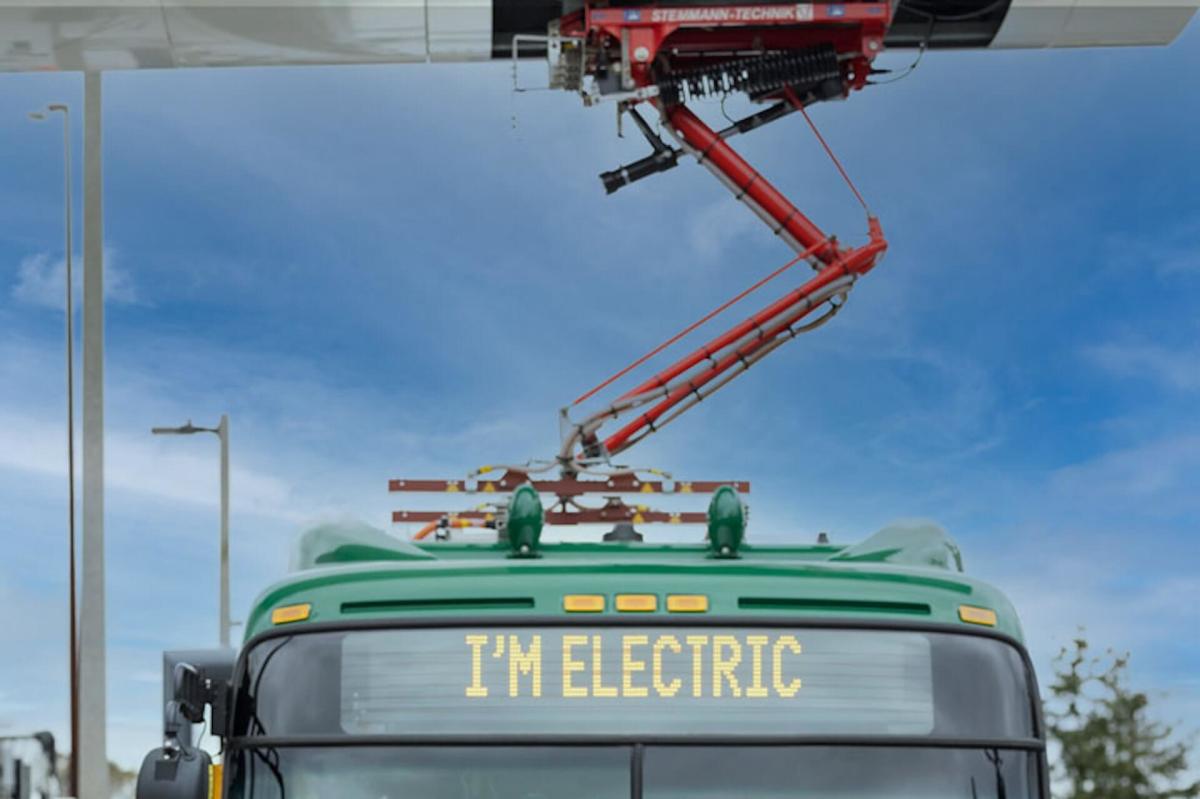
Seattle has become the pioneering city in the United States to introduce double-decker electric buses with wireless charging, making the commute more eco-friendly for its residents. The public transit agency, Sound Transit, has placed an order for 48 modern electric buses to be operational by 2026. What’s even more groundbreaking is that 33 of these buses will be double-deckers, a first in the country.
These advanced double-decker electric buses promise a pollution-free journey with ample space for passengers to relax. Among them, 15 buses are extra-long, measuring 60 feet in length to accommodate larger groups comfortably. According to King County, the longer coaches can travel around 140 miles on a full charge, while the shorter ones can cover approximately 220 miles.
To power these green vehicles, Seattle will utilize 13 inductive wireless chargers installed across the city at charging pads, eliminating the need for cables. This technology, provided by InductEV, will soon be implemented on nearly 100 buses statewide.
By opting for these electric buses, passengers not only contribute to a cleaner environment but also support Sound Transit’s upcoming bus rapid transit system called Stride. This system aims to connect various communities around Lake Washington, further promoting sustainable transportation.
The initiative to introduce an all-electric fleet began in 2020 and has been a response to community feedback, particularly from marginalized groups most affected by vehicle emissions. The move towards electrifying public transit aligns with the city’s commitment to reducing environmental and health impacts.
So, the next time you’re in Seattle, look out for these modern double-decker buses, offering a comfortable and guilt-free commute. Join our free newsletter for exciting news and practical information on how to benefit yourself while also helping the planet. Together, small choices can make a big difference in creating a greener future.

